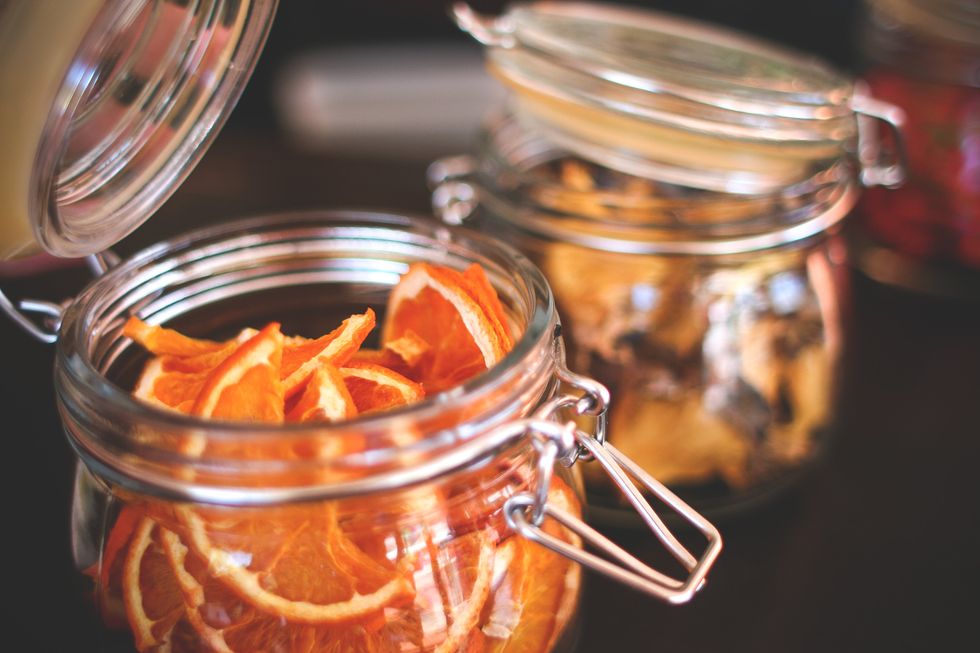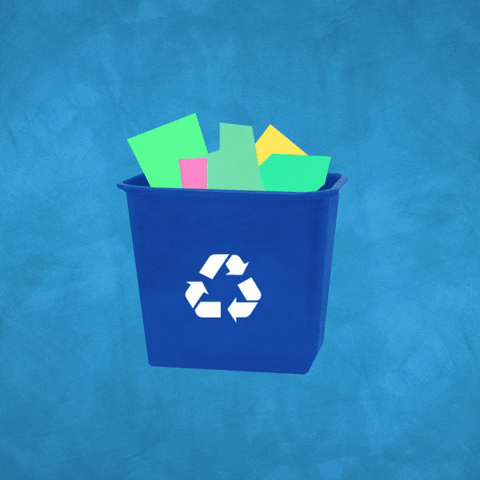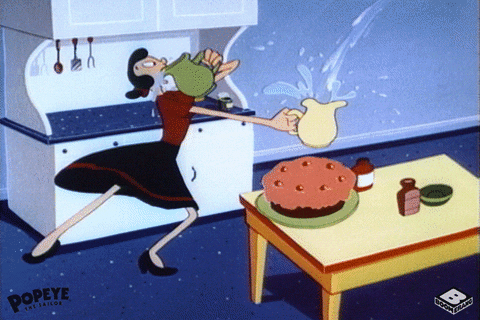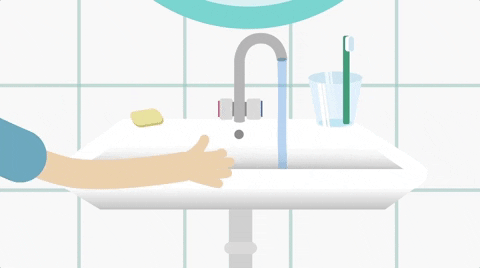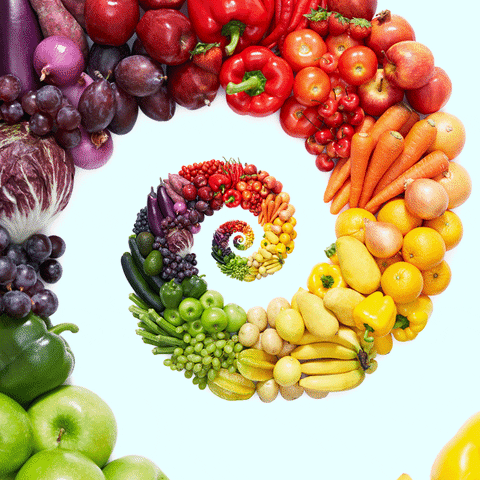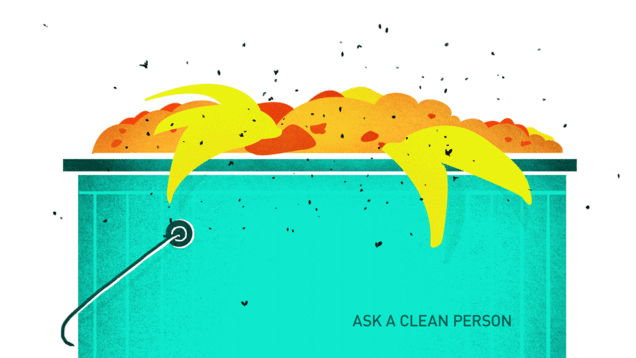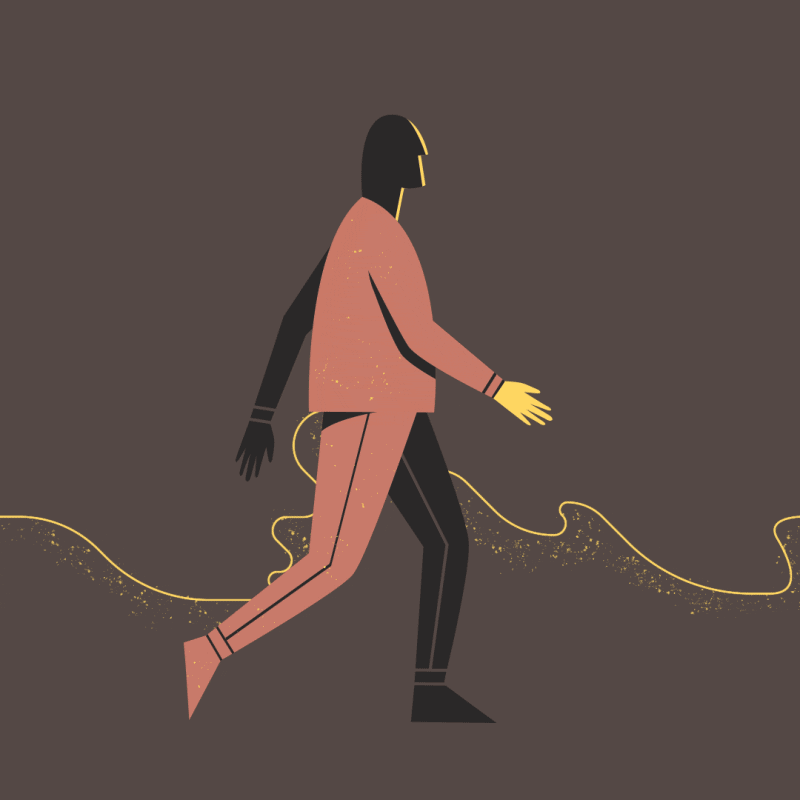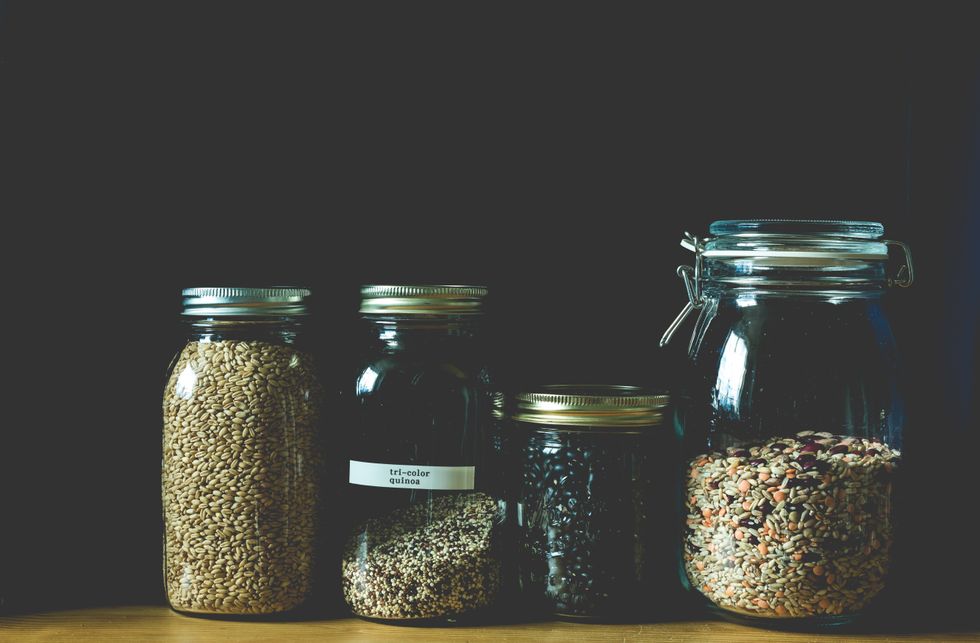Reuse Until You Can't Reuse Any More
We're far too comfortable with throwing out anything we can't find value in. As much as possible, choose to reuse.
Lately, I've realized that there are only so many potential afterlives for any given item. As much as I can reuse a cute little box or bag, I end up with a million of them that are never quite necessary. Then what? I get pretty creative about how to gift, alter, or find a new purpose for those things that I don't want to just throw away. Still, there are far too many "reusables" that don't ever get reused.
Of course, I will always opt for reusable packaging over single-use plastics, as a means of supporting businesses that prioritize sustainability and to eliminate my plastic use as much as possible. However, unless these items are easily recyclable, figuring out a second life for them can seem like more work than it's worth.
When you already have cabinets full of Tupperware and glass jars, additional reusable items begin to take up too much space. And you might be tempted to buy that Hydroflask or cute ceramic coffee mug, but if you already have something that works for that purpose, it's not a necessity...which leads us to the three R's.
You can add any number of terms to the grouping (refuse, repair, repurpose, etc.), but the first step is always reduced. In our capitalistic society, we've found it more profitable to produce more rather than less. Clearly, we're focused on convenience, but we've sacrificed sustainability. So, it's time to transform our linear economy into a circular one.
I fully encourage the purchasing of items in reusable containers and packaging, because that is always a better option than plastic. Recently, my mom bought some black bean tamales that come in a cute fabric bag. It's a cool alternative to a cardboard box, but as my mom said, what do you do with the bag after that?
Many organizations, such as TerraCycle, provide options for recycling of products of all kinds. As wonderful as they are, it isn't always easy or accessible for people to take advantage of their services. Other companies, such as Schmidt's, offer a discount if you use up their product and send them back the packaging to be sanitized and refilled. All of this is a step in the right direction; we want to continue to see progress like this!
Still, we have a ways to go when it comes to the cycle of production in big business practices. Until we see a massive shift in the way our products are manufactured, we are failing to reach a circular economy to reduce our reliance on single-use plastics. It's important to reach the level of reuse, but we must first strive to reduce! Consider sustainable shopping in your day-to-day life. Voting with our wallets will be the mass movement that has the power to change the cycle of production in America.
Don't give into the idea that you have to buy new trendy zero-waste items; just use up what you have! Then, opt for the most sustainable products available to you, and reuse as many things as is possible.

